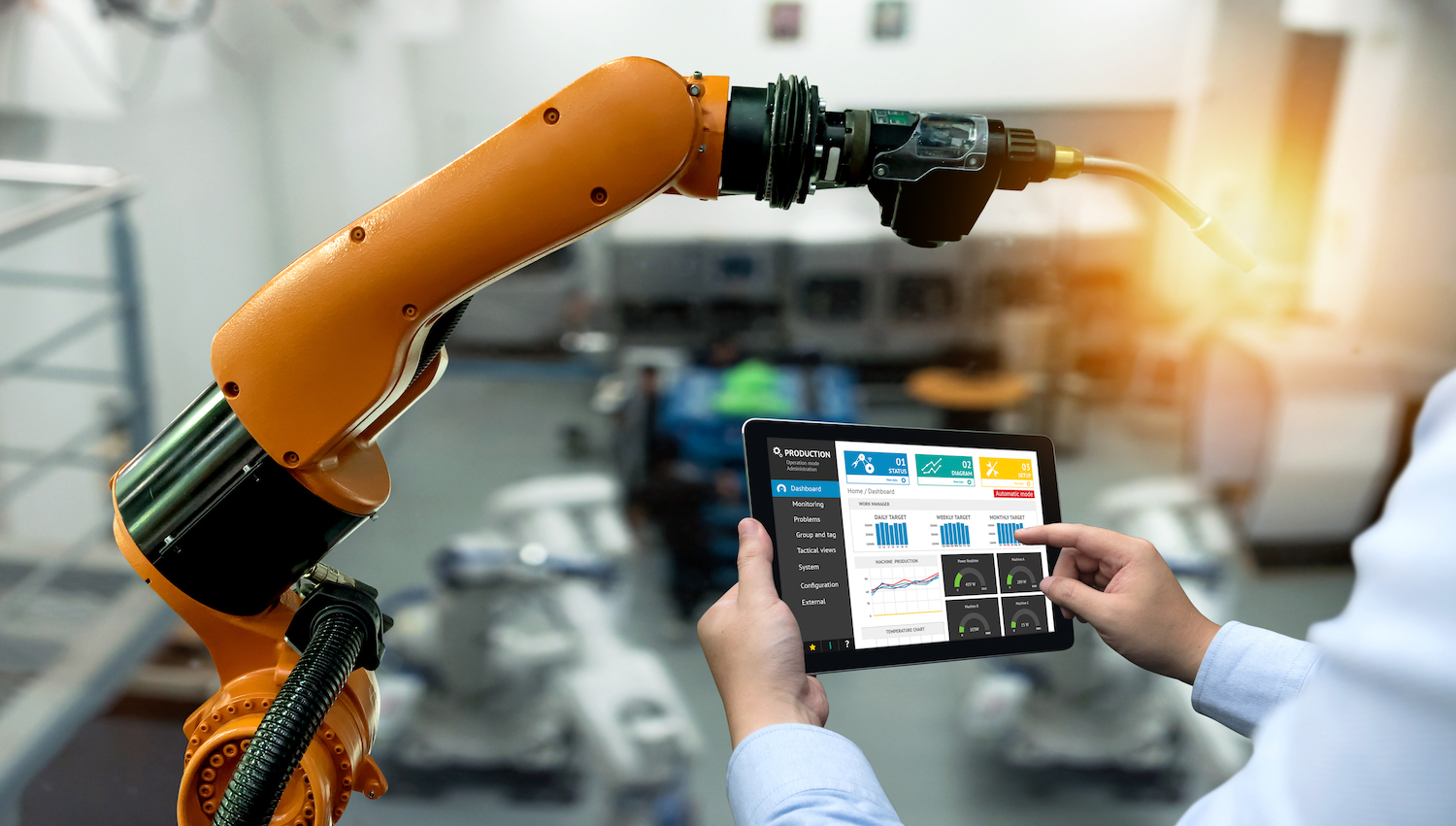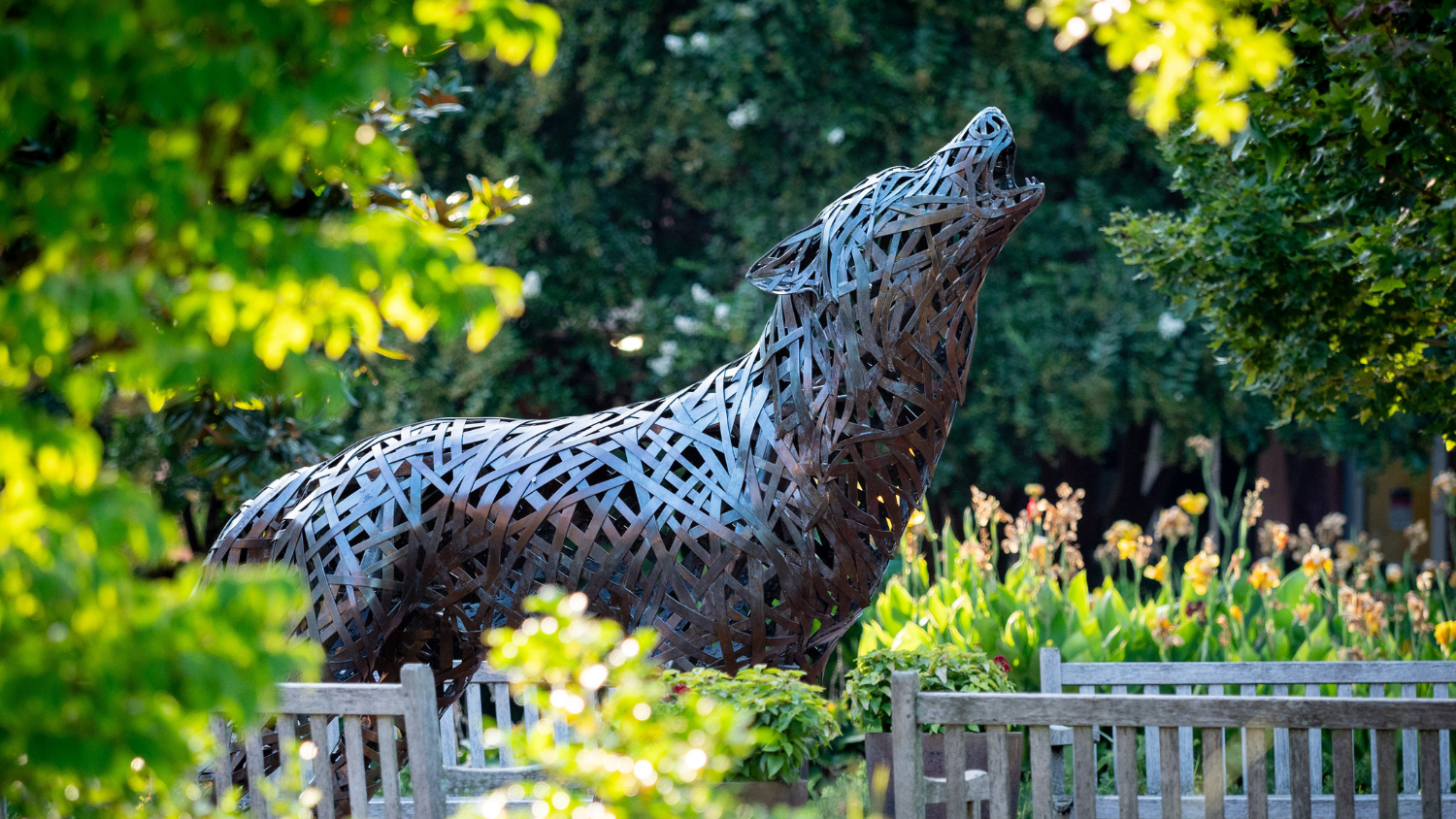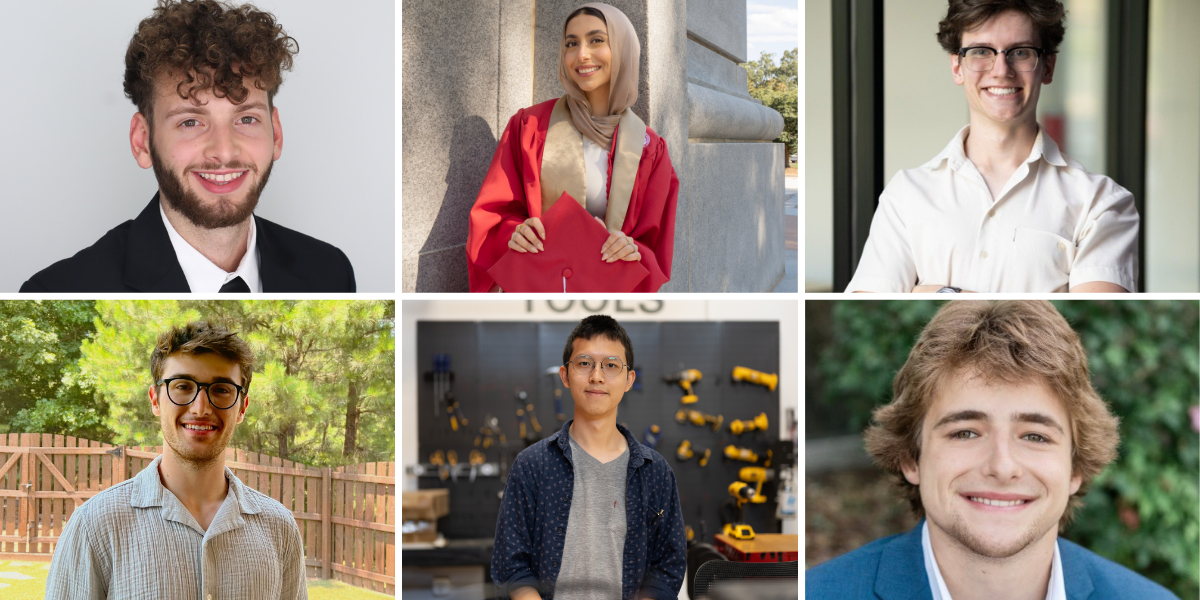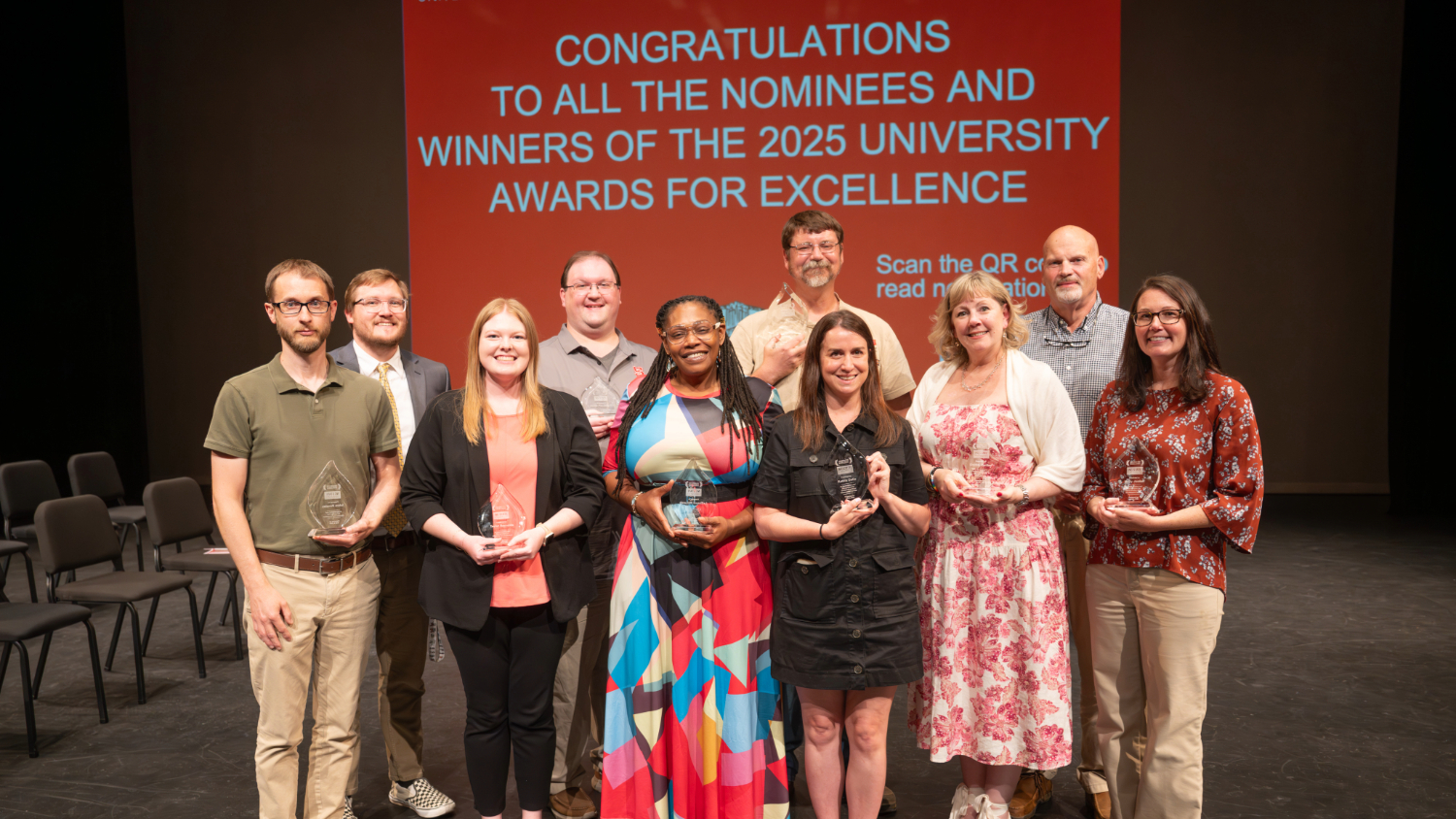Greis and Nogueira Win Best Paper at American Association of Artificial Intelligence Symposium

From March 23 to March 25 the American Association of Artificial Intelligence (AAAI) held its annual Spring Symposium to bring thought leaders and experts in emerging areas together to present their research. The event, originally scheduled to be held at Stanford University, was virtual and focused on designing the roadmap of future research on artificial intelligence (AI) and manufacturing.
Noel Greis, research professor of operations and supply chain management, and Monica Nogueira, associate research professor of operations and supply chain management, represented the Poole College of Management among the 50 thought leaders present at the conference. Greis presented her research, Physics-Guided Machine Learning for Self-Aware Machining, in collaboration with Nogueira, Sambit Bhattacharya, professor at Fayetteville State University; and Tony Schmitz, professor at the University of Tennessee, Knoxville.
“Our paper explores a new and emerging paradigm for scientific modeling that combines AI tools like machine learning with scientific knowledge,” said Greis. “Our research is being conducted under the umbrella of the Center for Self-Aware Machining and Metrology (CSAM) which is supported by a $1.66 million research opportunity initiative grant from the University of North Carolina System.”
Each research presentation was carefully monitored by a review committee who determined the “Best Paper” of the symposium. After deliberation, Greis and her team were awarded “Best Paper” by the review committee as well as second best presentation voted on by their peers.
“Research by Professors Greis and Nogueira here at Poole College is expanding the horizons of both AI and manufacturing, said Sebastian Heese, interim department head and professor of operations and supply chain management. “AI tools like machine learning are finding many applications in business and engineering. By combining data science and manufacturing knowledge in a new class of “hybrid” models, Greis and Nogueira are able to model complex system behavior and solve real-world problems on the factory floor.”


